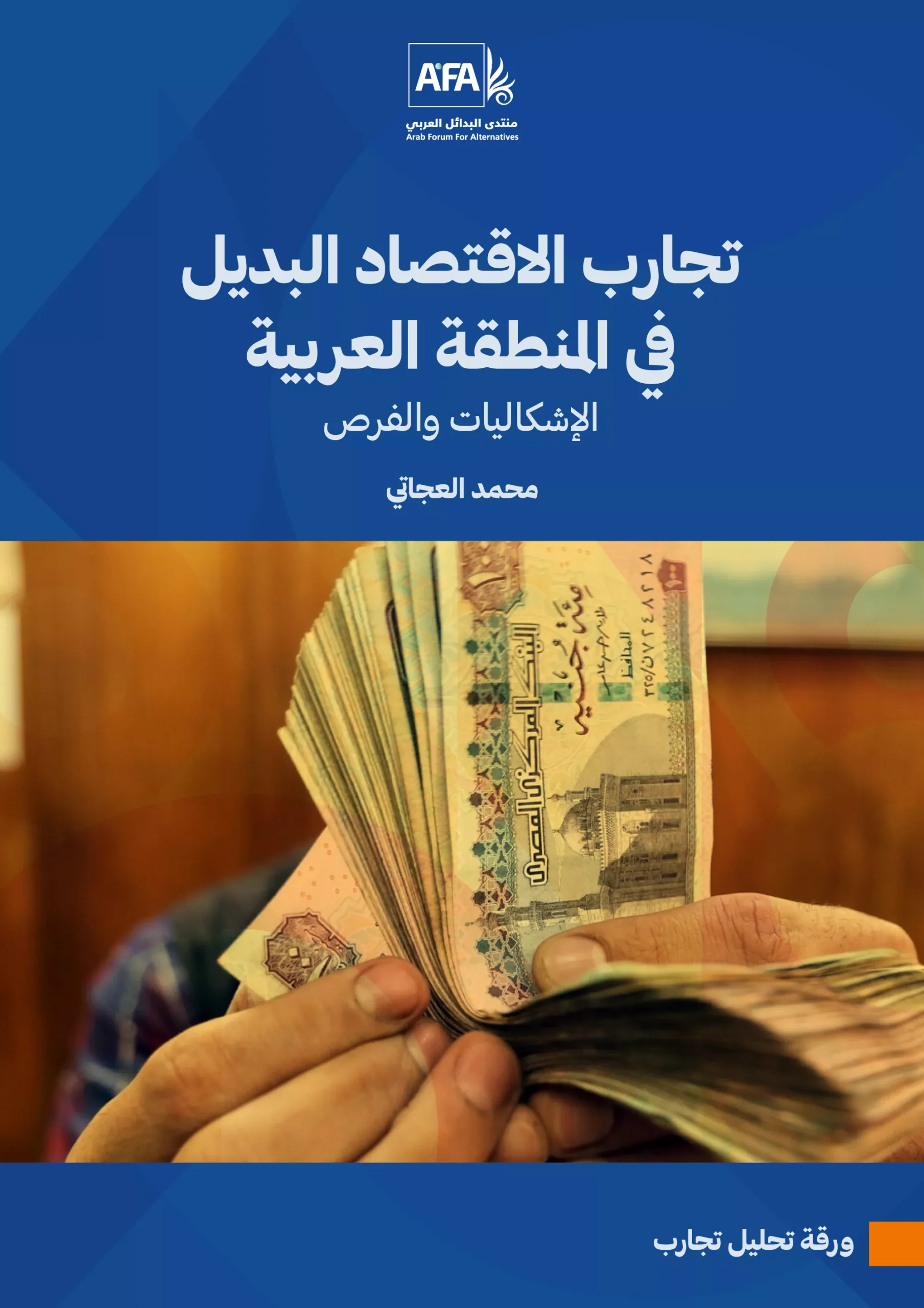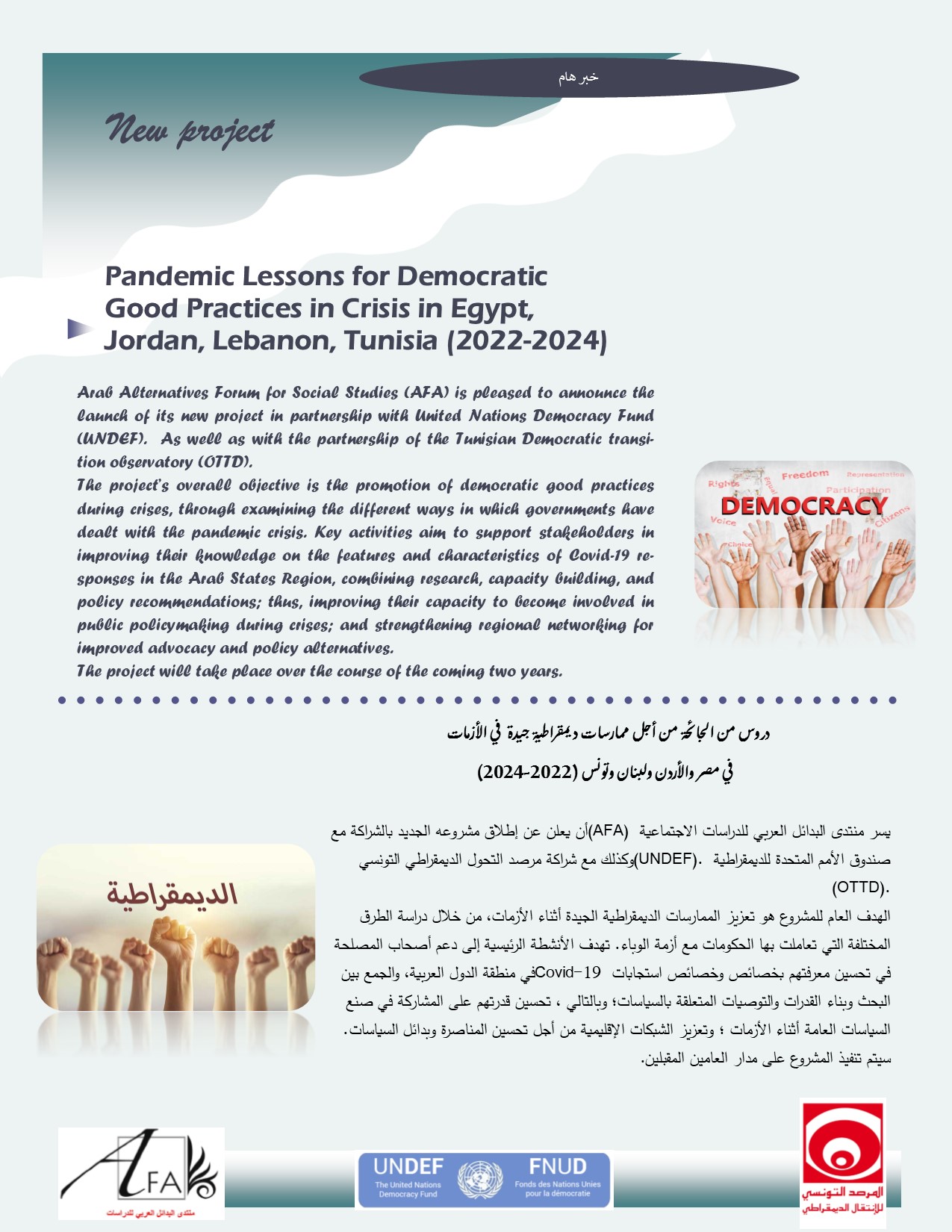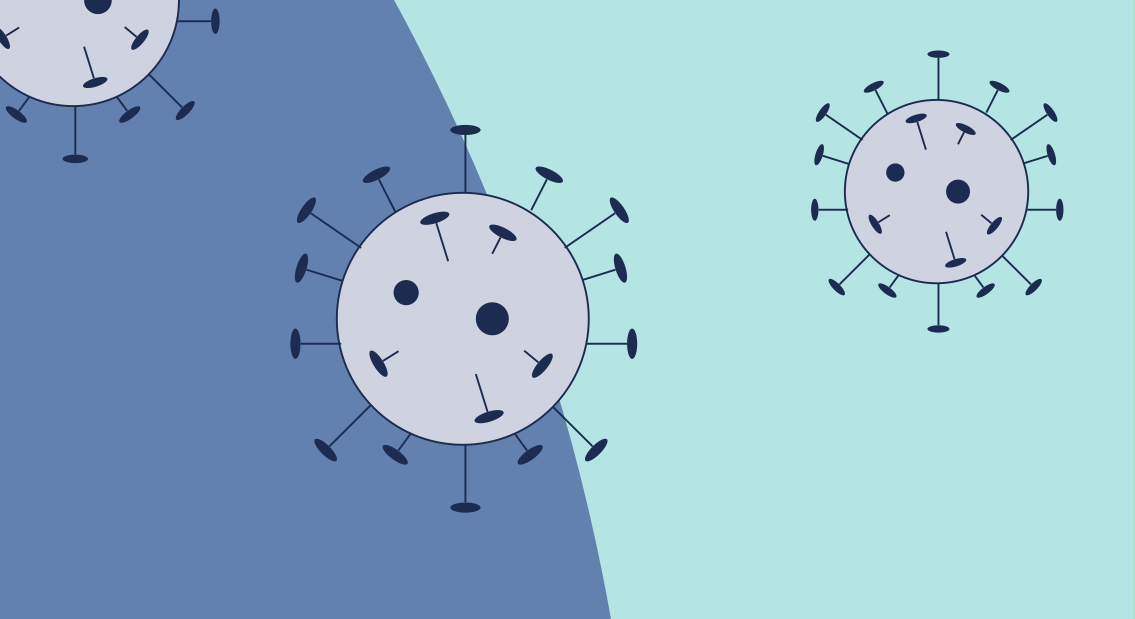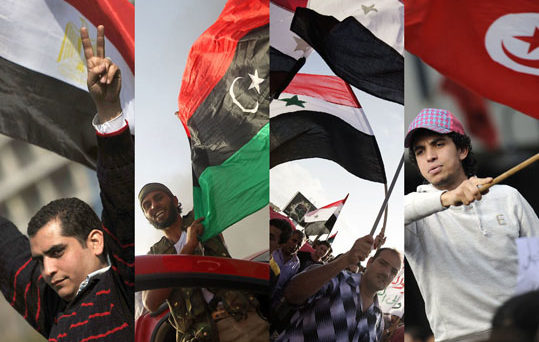Sectarianism and Crises: Bottom-Up Cooperation Initiatives in Egypt and Lebanon
Mohammad Al HamoushEgypt ,LebanonThis paper analyzes cooperation among religious and civil society organizations in Egypt and Lebanon during recent crises. Both countries have a history of sectarian tension and have experienced significant crises, including sectarian incidents, economic hardship, and the COVID-19 pandemic. In Egypt, recent crises presented opportunities for cooperation between Islamic and Christian institutions and other civil society organizations. For example, a program in Upper Egypt involved collaboration between the Ministry of Social Solidarity and major NGOs to enhance citizenship values. The non-sectarian nature of the Egyptian state and its institutions facilitated cooperation. In contrast, Lebanon’s sectarian political system…










